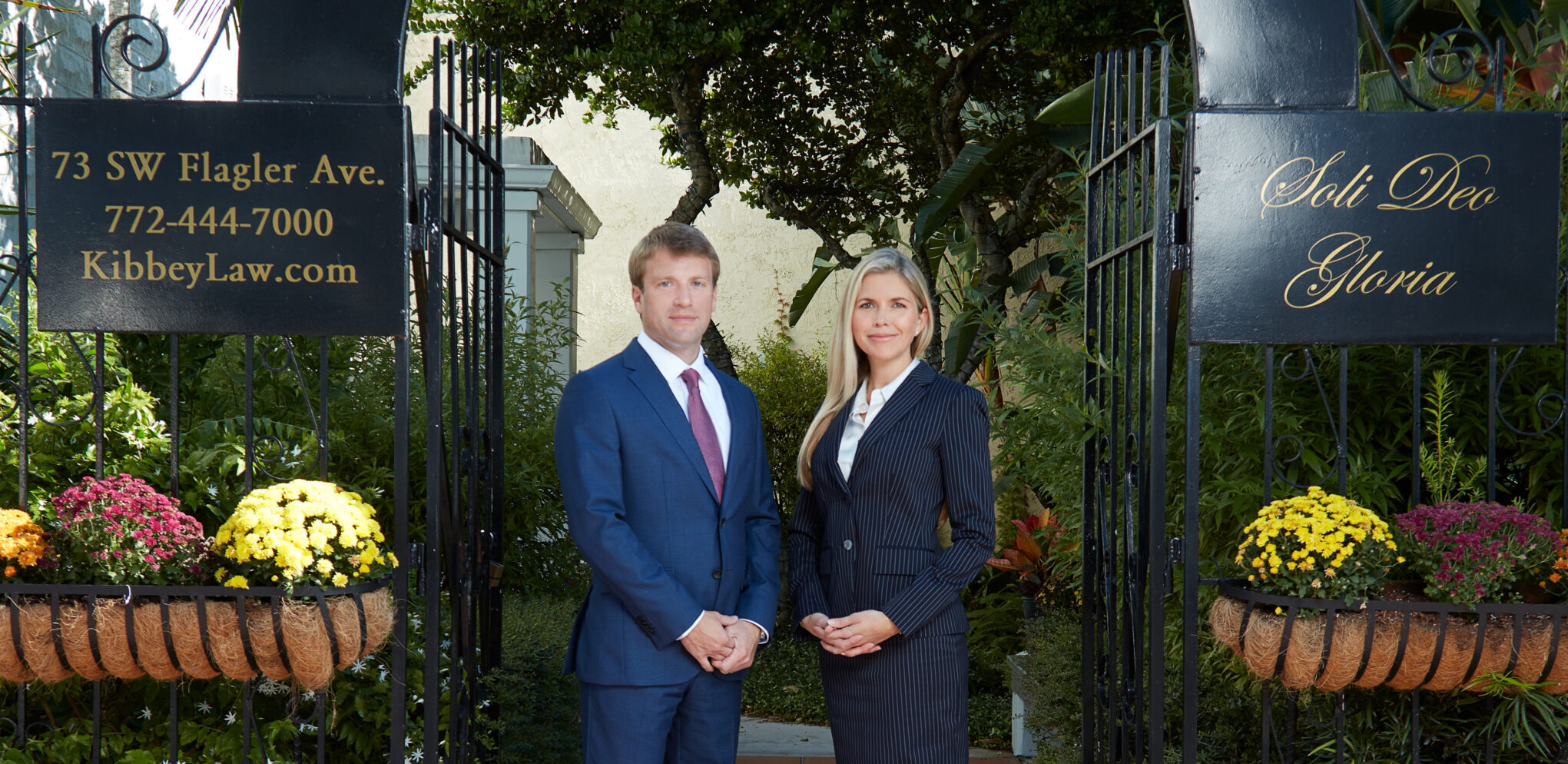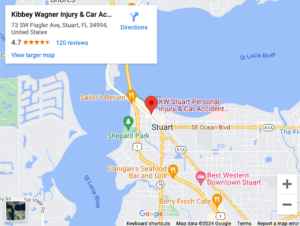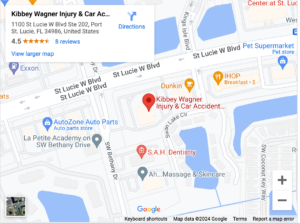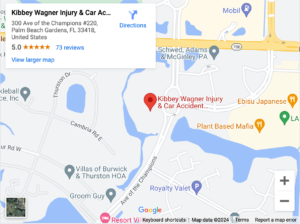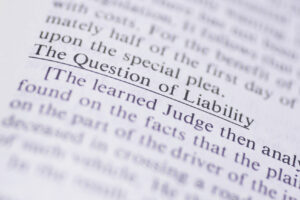
Strict liability is a legal doctrine that holds parties financially liable for injury without proof of fault. It doesn’t necessarily mean that a party is not at fault, although sometimes it does. It simply means that the plaintiff need not offer proof of fault to establish liability.
Types of Strict Liability Personal Injury Claims
Strict liability prevails in certain types of personal injury claims, including product liability, injuries arising from abnormally dangerous activities, and animal attacks. The following are some examples of strict liability claims.
Product Liability
Product liability is a civil wrong that arises if you suffer physical harm due to a defective product, such as a prescription drug, automobile airbags, or an electrical appliance. Three types of defects can trigger product liability—design, manufacturing, and ‘warning defects.’
Once you establish that a product is defective and unreasonably dangerous, you can sue any party in the product’s chain of distribution. You can sue a distributor for a manufacturing defect, for example.
Abnormally Dangerous Activities
Abnormally dangerous activities include activities involving a risk of serious harm that you cannot mitigate with reasonable care. These activities must be of a sort that people do not normally perform in the community, such as:
- The use of explosives
- Storing, handling, and transporting hazardous materials
- Blasting operations (at construction sites, for example)
- Handling radioactive materials
- The use of high-powered weapons in law enforcement training
- Controlled burns
This is not an exhaustive list. Any activity that meets the above criteria (such as having a risk of serious harm) can qualify as abnormally dangerous.
Animal Attacks
Two main types of animal attacks generate strict liability claims: dog bites and the keeping of wild animals.
Dog bites
Unlike many states, Florida does not apply a ‘one-bite’ rule to dog bite claims. That means dog owners are liable for any bites their dog inflicts unless a defense applies. Since there is no one-bite rule, liability applies even if the dog has never before shown any aggressive tendencies.
Keeping wild animals
Suppose you own a wolf instead of a dog. A wolf is a wild animal under Florida law because it cannot be domesticated. You must have proper permits to keep one.
Even with proper permits, you can bear liability for any injuries or property damage caused by the animal. This liability is not limited to bites. For example, if a wolf chases someone into the street and a car hits them, you can bear liability.
Workplace Injuries
Workers’ compensation is a special system of compensation that applies to most workplace accidents. Workers ‘ compensation applies to workplace injuries unless you can blame your injury on a third party (other than you, your employer, or your co-workers).
The advantage is that you don’t have to prove fault to win workers’ compensation benefits. In fact, you can win in most cases even if the accident was your fault.
Legal Defenses to Strict Liability Personal Injury Claims
The following legal defenses apply to strict liability claims. Some of these defenses also apply to negligence claims and intentional torts.
- Lack of Causation: The defendant’s actions or product did not cause your injury.
- Lack of Evidence: Your evidence is insufficient to establish your claim.
- Assumption of Risk: You knew of the risk and exposed yourself to it anyway.
- Comparative Fault: Your own negligence reduces or eliminates the defendant’s liability.
- Statute of Limitations: Your claim is barred because you did not file a lawsuit within the statute of limitations deadline (typically within two years of your injury)
- Product Alteration (Product Liability): The product was altered or modified after it left the defendant’s control, and this alteration caused the injury.
- State of the Art Defense: (Product Liability) The product was made according to the best technology and safety standards available.
- Federal Preemption (Product Liability): Federal laws or regulations preempt state laws.
- Government Contractor Defense (Product Liability): The product met government specifications, and therefore, any defect was not the manufacturer’s fault.
- Product Misuse (Product Liability): You used the product in a way that was not intended or foreseeable.
Some of these defenses, such as comparative fault, are partial defenses. Even if successful, they might eliminate only part of the defendant’s liability.
Contact a Trusted Stuart Personal Injury Lawyer
Pursuing a strict liability claim in Stuart, Florida, can be challenging, especially for those unfamiliar with the numerous legal nuances that apply. That’s not a problem, however, because an experienced Stuart personal injury lawyer will fully understand those nuances.
If your lawyer charges legal fees based on a contingency fee system (which is likely), you don’t have to pay a cent in legal fees unless you win the case.

